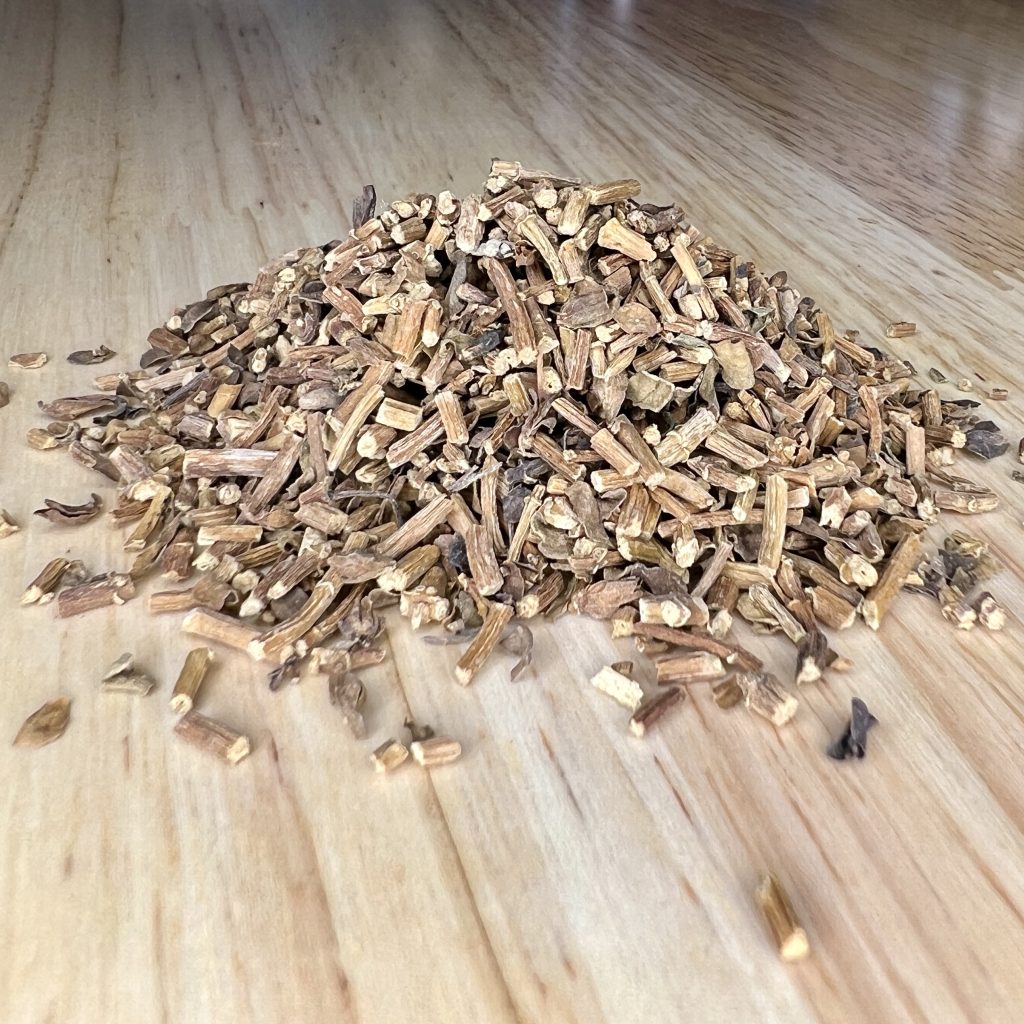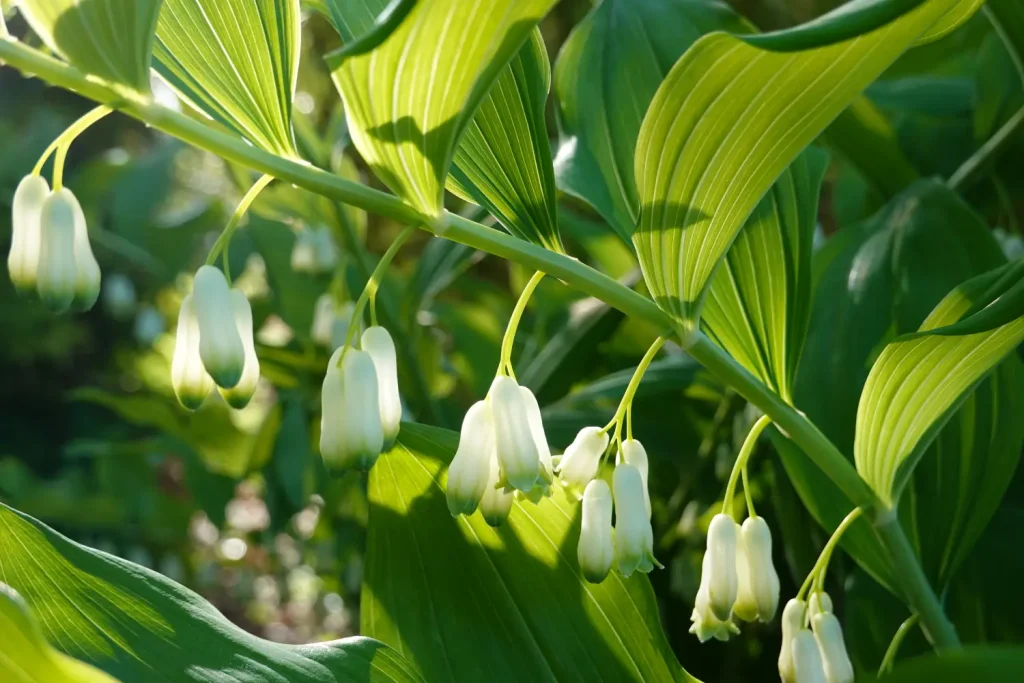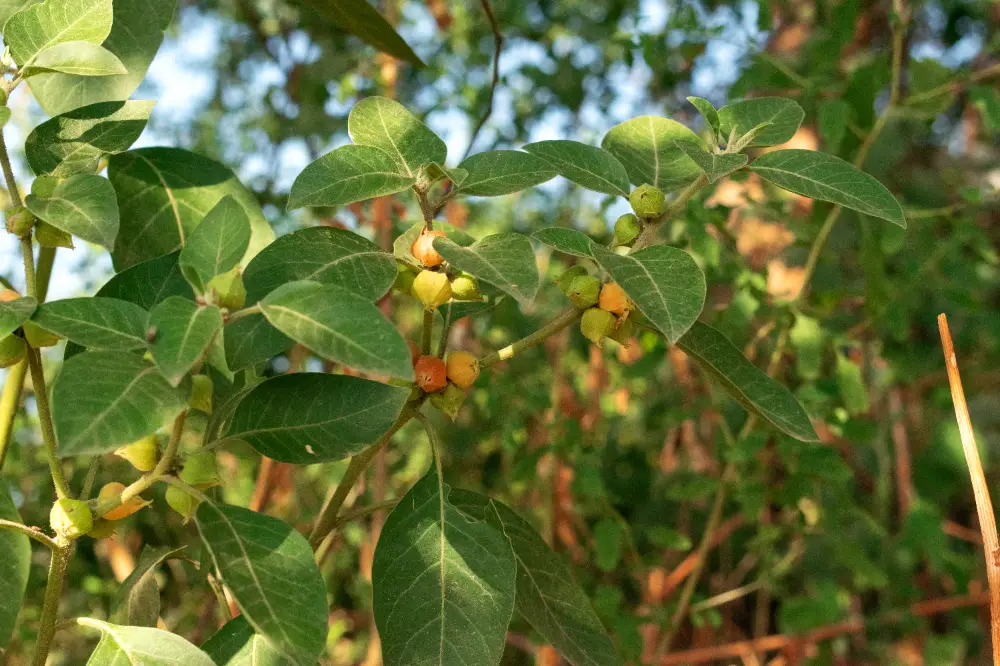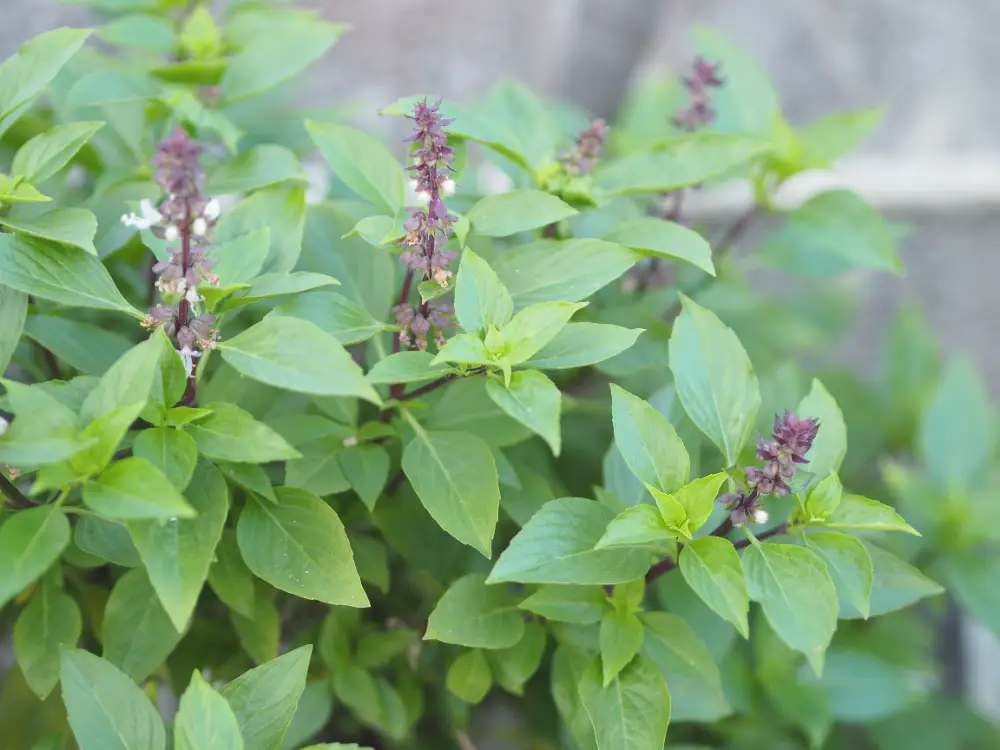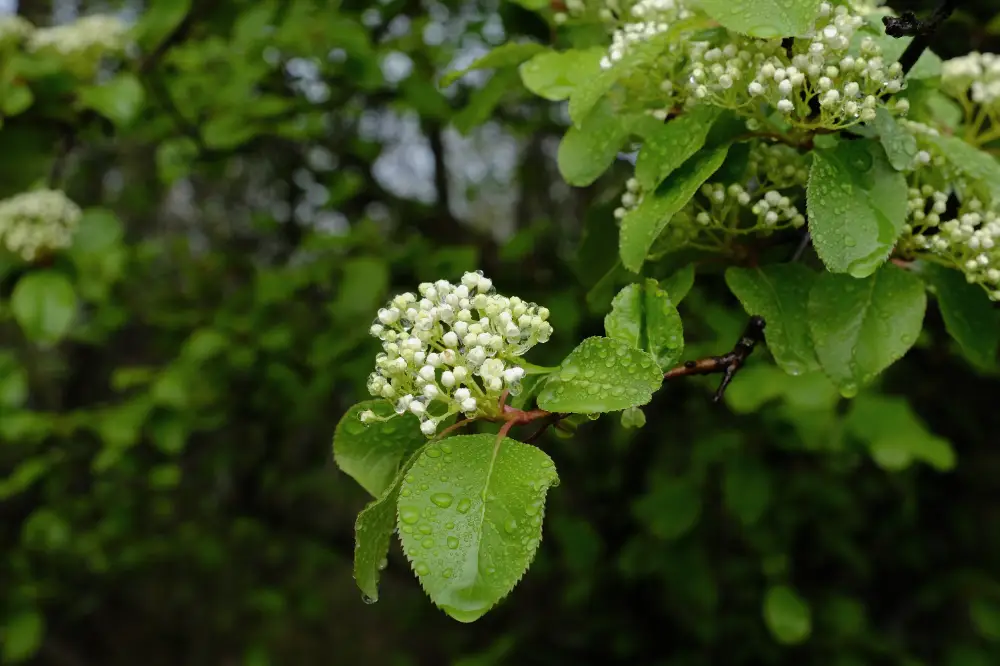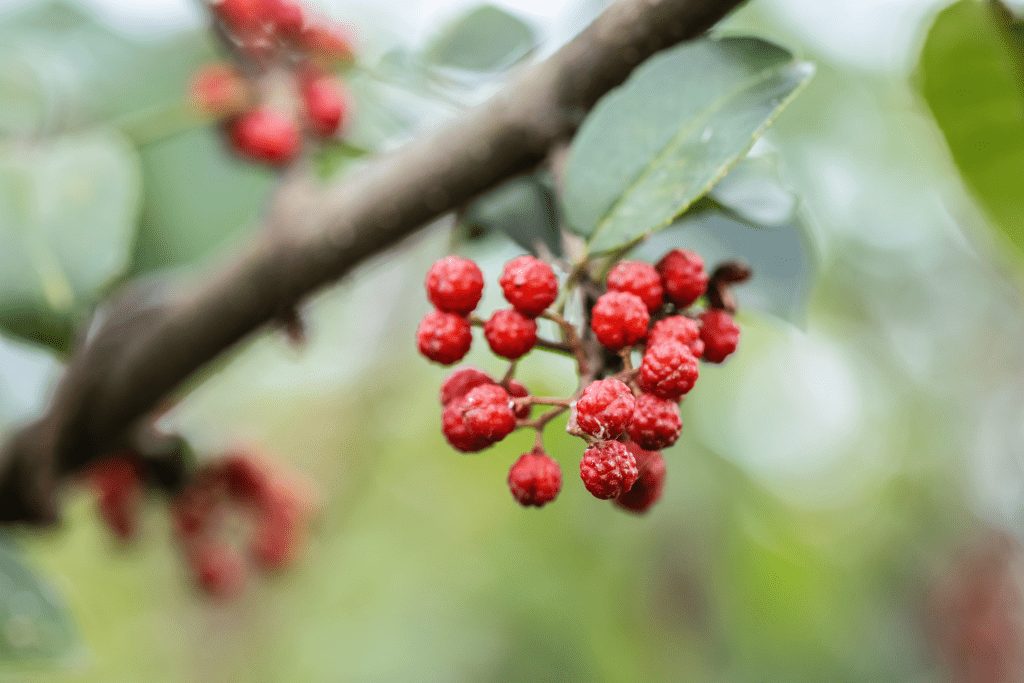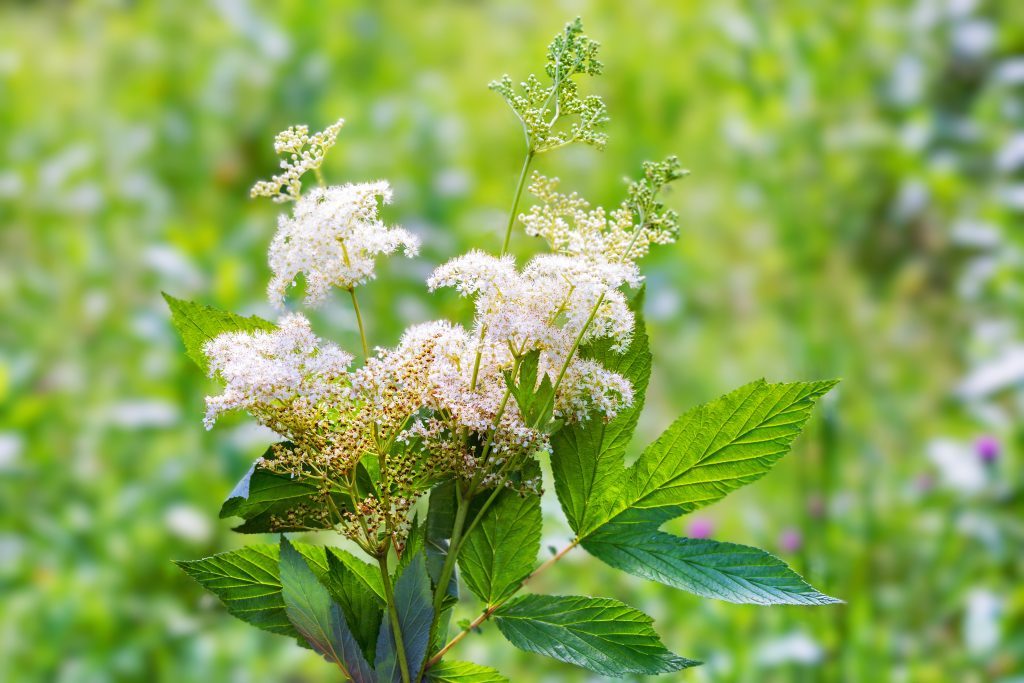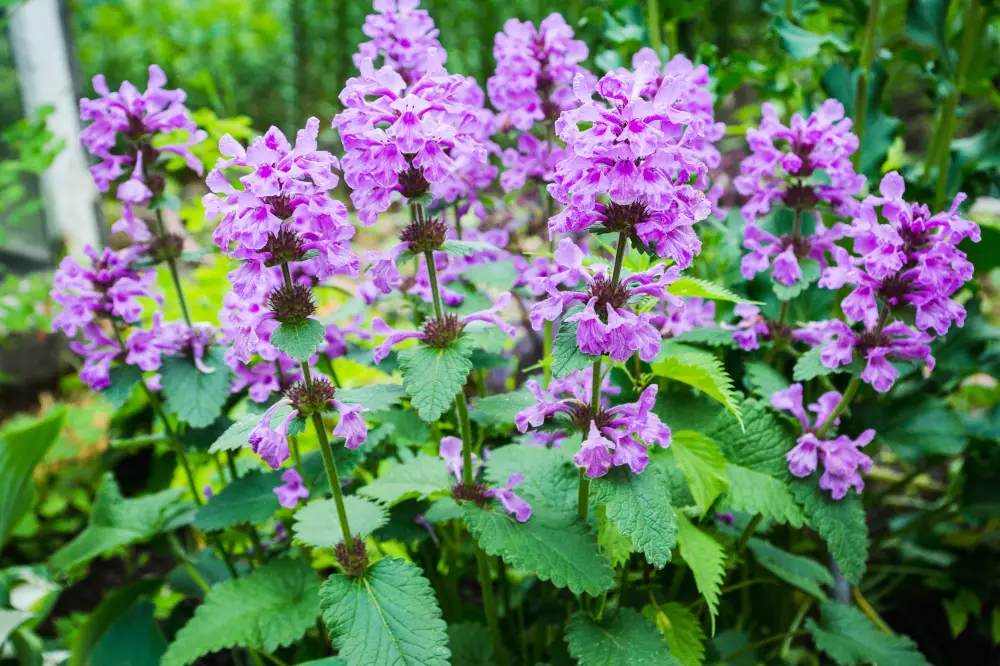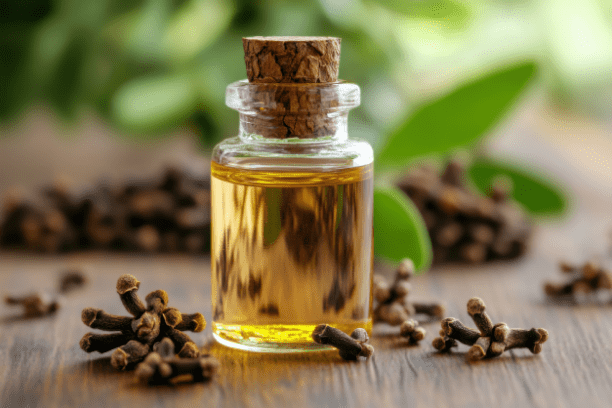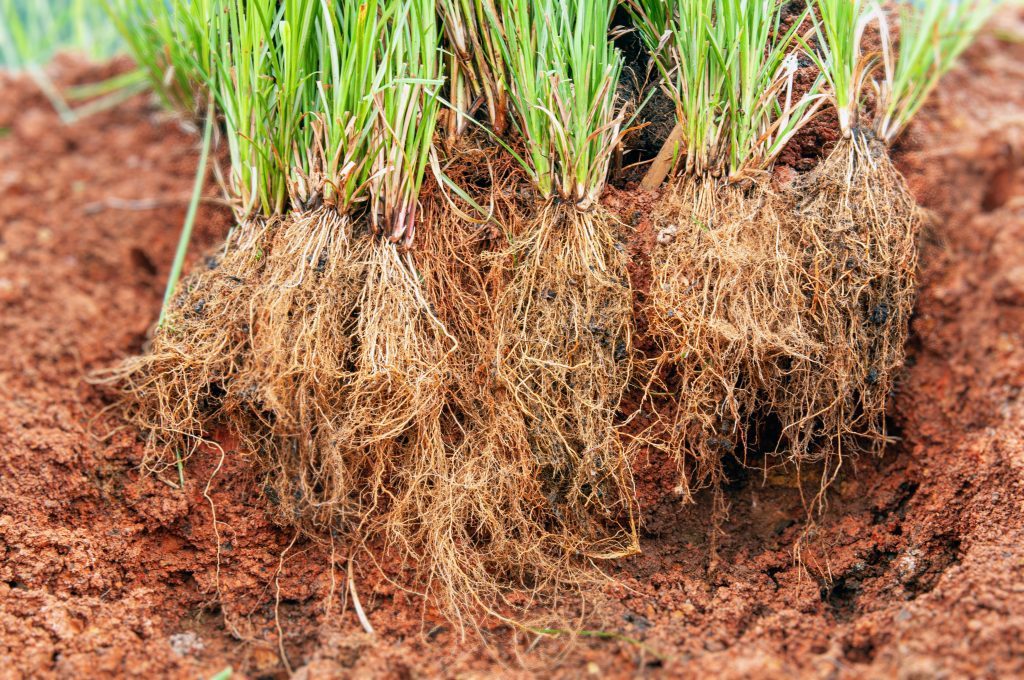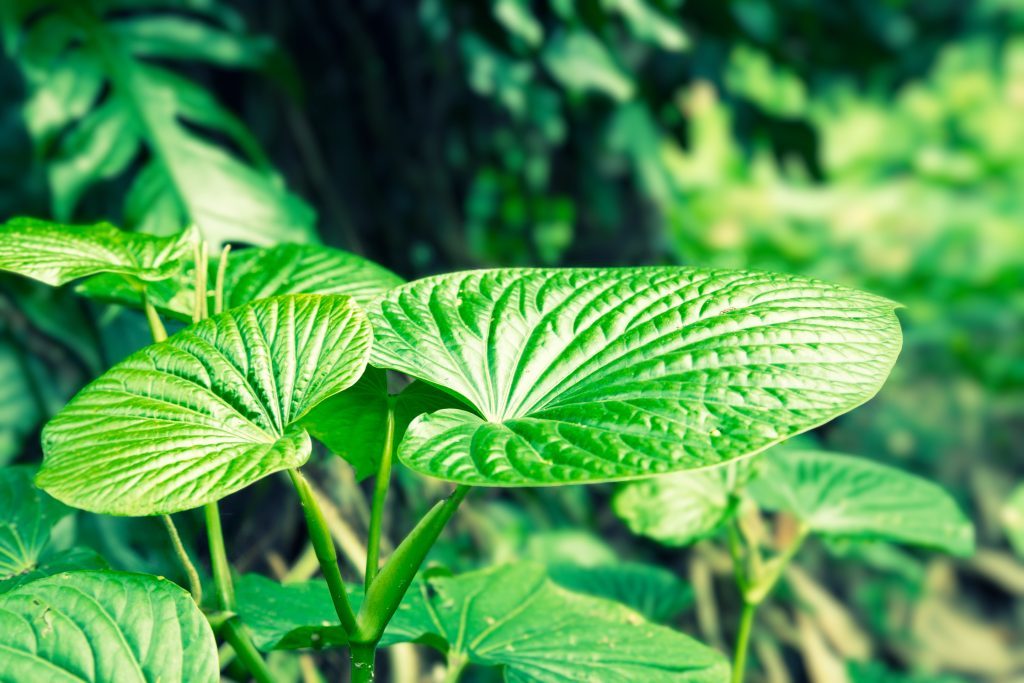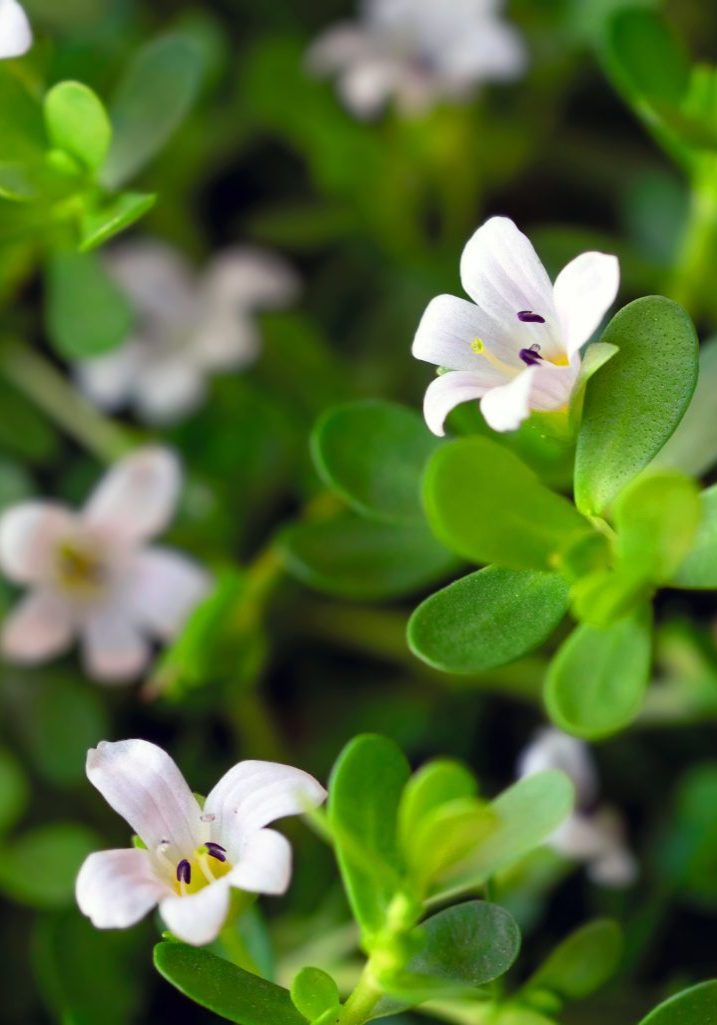
Bacopa
Bacopa monnieri
Plantaginaceae (Plantain Family)
An adaptogenic herb commonly used in Ayurvedic medicine to enhance brain function and reduce stress.
Other names:
Brahmi, Water Hyssop, Herb of Grace, Indian Pennywort.
Superpower
Bacopa’s superpower is in its role as a neuroprotective agent, helping to reduce oxidative stress in the brain and enhance cognitive performance by improving synaptic communication and memory retention.
Cognitive Enhancement:
Bacopa has been traditionally used in Ayurvedic medicine for centuries to enhance memory, learning, and concentration. It is known to improve mental clarity and reduce brain fog, making it a popular herb for supporting overall cognitive health and mental performance.
Anxiety and Stress Relief:
Bacopa is recognized as an adaptogen, meaning it helps the body manage stress. It has been used to reduce anxiety and mental fatigue, promoting emotional balance and a sense of calm. It is often used in combination with other calming herbs to support emotional well-being and nervous system health.
Neuroprotective:
Bacopa’s neuroprotective properties are attributed to its ability to reduce oxidative stress and support the regeneration of brain cells. It is traditionally used to prevent age-related cognitive decline, and some modern studies support its use for improving memory retention and synaptic function.
Epilepsy and Seizure Control:
In traditional use, Bacopa was administered to treat epilepsy and seizure disorders, as it was believed to help calm the nervous system. Its anticonvulsant properties were valued in ancient healing practices for supporting neurological balance.
Digestive Health:
Bacopa has been used to support digestive function by promoting healthy liver activity and detoxification. It helps relieve indigestion and bloating, especially when associated with stress or emotional tension.
Skin Health:
Topically, Bacopa was applied to heal wounds and skin conditions like eczema and psoriasis. Its anti-inflammatory and antimicrobial properties made it a useful remedy in traditional healing for skin irritations and injuries.
Cautions
Pregnancy and Breastfeeding:
While Bacopa has been traditionally used for cognitive and stress-related benefits, it is recommended to avoid using Bacopa during pregnancy and breastfeeding due to limited safety data in these contexts. Always consult a healthcare provider before use.
Sedative Effects:
Bacopa has mild sedative properties, and when combined with other sedatives or anti-anxiety medications (such as benzodiazepines or sleep aids), it can enhance the sedative effects, potentially leading to excessive drowsiness or reduced alertness.
Thyroid Medications:
Bacopa may increase the production of thyroid hormones, so individuals with thyroid disorders or those taking thyroid medications (like levothyroxine) should use caution, as Bacopa may increase the risk of hyperthyroidism or affect thyroid regulation.
Gastrointestinal Sensitivity:
In some cases, Bacopa may cause gastrointestinal discomfort, such as nausea, cramping, or diarrhea, particularly when taken on an empty stomach or in high doses.
Anticholinergic Medications:
Bacopa’s cognitive-enhancing properties may interact with anticholinergic medications, which affect acetylcholine levels in the brain. This could interfere with certain medications prescribed for conditions like Alzheimer’s or Parkinson’s disease.
Blood Sugar Levels:
Bacopa may affect blood sugar levels, so individuals with diabetes or those on antidiabetic medications should monitor their blood sugar carefully when using Bacopa, as it may enhance the effects of these medications, potentially leading to hypoglycemia.
Anticonvulsants:
Due to Bacopa’s anticonvulsant properties, those on anti-seizure medications should consult their healthcare provider to ensure Bacopa doesn’t interfere with their medication regimen.
Known Chemical Constituents
Saponins (bacosides A and B):
These are the primary active compounds in Bacopa, known for their neuroprotective and cognitive-enhancing properties. Bacosides help repair damaged neurons and promote the regeneration of brain cells, improving memory and cognitive function.
Alkaloids (brahmine, herpestine):
These alkaloids are believed to contribute to Bacopa’s calming and anti-anxiety effects by interacting with neurotransmitters in the brain, promoting relaxation and reducing stress.
Flavonoids (luteolin, apigenin):
Bacopa contains powerful antioxidants like luteolin and apigenin, which help combat oxidative stress in the brain and protect against age-related cognitive decline.
Triterpenoid:
These compounds contribute to Bacopa’s anti-inflammatory properties, helping to reduce inflammation in the body and brain, which may be linked to improved overall brain health.
Sterols:
Sterols in Bacopa support immune function and overall health by regulating cholesterol and providing additional anti-inflammatory benefits.
Botanical Description
Plant Type:
Bacopa monnieri is a creeping, perennial herb that grows in wet and marshy environments. It has a sprawling habit, often forming low-growing mats across waterlogged soil or near bodies of water.
Leaves:
The leaves are succulent, oblong, and thick, arranged alternately along the stems. They are bright green and smooth, ranging from 0.5 to 1.5 inches long, and have a waxy texture that helps retain moisture in its native wet habitats.
Flowers:
The flowers are small, white or pale blue, with five petals. Each flower is solitary and grows from the leaf axils. These flowers bloom throughout most of the growing season, especially in warm, tropical climates.
Stem:
The stems are green, creeping, and slender, often rooting at the nodes when they come into contact with moist soil. This rooting nature allows the plant to spread quickly and form dense mats.
Habitat:
Bacopa monnieri thrives in wetland areas, along the edges of ponds, rivers, and marshes. It prefers tropical and subtropical climates but can also adapt to other regions as long as sufficient moisture is present.
Fun Facts
Bacopa monnieri has been used for over 3,000 years in Ayurvedic medicine, where it was believed to help ancient scholars memorize long passages of sacred texts. Traditionally, it was known as the “herb of grace” because of its profound effect on mental clarity and spiritual awakening. The herb has long been valued not just for its cognitive benefits, but also for its ability to connect the mind with higher levels of consciousness.
Parts Used
Aerial
Harvest
Best Time to Harvest:
Bacopa monnieri is typically harvested during the warm growing season, especially in spring or summer, when the plant is lush and healthy. It is important to harvest when the plant is fully grown but before flowering has peaked, as this is when its medicinal properties are at their highest.
Parts Used:
The whole aerial parts of the plant—leaves, stems, and flowers—are used for medicinal purposes. These parts are harvested together, as they contain the highest concentrations of active compounds like bacosides, which are responsible for its cognitive benefits.
Harvesting Method:
Use sharp scissors or pruning shears to cut the plant just above the soil, ensuring not to disturb the roots so the plant can continue to grow. Once harvested, the plant should be washed and dried in a well-ventilated area, away from direct sunlight, to preserve its active constituents. Drying can take about one to two weeks, depending on the humidity levels.
Preparations
Infusion (Tea):
Bacopa is commonly prepared as a tea by steeping the dried leaves in hot water. This method is traditionally used to enhance cognitive function and calm the nervous system. The tea can be consumed daily to support memory and mental clarity.
Tincture:
A tincture is made by extracting Bacopa’s active constituents in alcohol or glycerin. This form allows for a more concentrated dose, ideal for supporting stress relief, anxiety reduction, and cognitive enhancement.
Powder:
The powdered form of Bacopa is often mixed with water, ghee, or honey. In Ayurvedic practices, it is taken to enhance memory, mental clarity, and digestion. It can also be added to smoothies or other food.
Capsules:
For convenience, Bacopa is encapsulated and used as a dietary supplement. This preparation is popular for its ease of use and its ability to provide a consistent dosage to promote cognitive health and stress management.
Oil:
Bacopa can be infused into an oil, often used for head massages to calm the mind, soothe stress, and enhance mental clarity in traditional Ayurvedic treatments.
Decoction:
In more concentrated preparations, Bacopa can be boiled to create a decoction for stronger medicinal effects. This method is used in more acute cases of cognitive decline or mental fatigue.
Sacred Rituals
For modern spiritual practices, Bacopa can be used to enhance focus during meditation, assist in yoga, or as part of a ritual bath for mental and emotional purification. The herb’s ability to calm mental chatter and promote clarity makes it a powerful ally in practices that require deep mental concentration or spiritual connection.
Affirmations
“With each sip of Brahmi, clarity fills my mind and peace envelops my spirit.”
Spiritual Associations
Bacopa monnieri, also known as Brahmi, holds deep spiritual significance in Ayurvedic and Hindu traditions. It has long been regarded as a sacred herb that enhances meditative clarity and strengthens the connection to the divine. Bacopa is named after Brahma, the Hindu god of creation, reflecting its association with universal consciousness and mental expansion.
Functions
A natural substance, often an herb or plant, that helps the body adapt to stress, balance internal systems, and enhance resilience. The term “adaptogen” was first coined by Soviet scientist Nikolai Lazarev in the 1940s to describe substances that could help the body cope with various forms of stress without causing harm.
AlterativeAn alterative is an herb or substance that gradually and gently improves the function of the body, often by enhancing the body’s natural detoxification and elimination processes, thereby promoting overall health and vitality.
Anti-inflammatoryA substance or agent that reduces inflammation in the body, soothing irritation, swelling, or redness in tissues.
Anti-oxidant
A substance or agent that neutralizes free radicals and prevents oxidative damage to cells and tissues.
AphrodisiacA substance or agent that enhances sexual desire, arousal, or pleasure.
Bitter digestive stimulantRefers to a substance or agent, typically an herb, that activates the production of digestive juices and enzymes through its bitter taste, enhancing digestion and nutrient absorption.
Cognitive FunctionCognitive function refers to the range of mental abilities and processes involved in thinking, learning, memory, reasoning, problem-solving, and decision-making.
Epilepsy TreatmentRefers to substances, therapies, or practices that help manage or reduce the frequency and severity of seizures associated with epilepsy, a neurological condition characterized by abnormal electrical activity in the brain.
General TonicA general tonic is a substance or preparation that supports overall health and vitality, helping to strengthen and maintain the body’s systems without targeting a specific ailment.
Memory ImprovementMemory improvement refers to measures or substances that enhance cognitive function, specifically focusing on the retention, recall, and processing of information.
NervineA nervine is a substance that supports the nervous system, promoting relaxation, reducing tension, or restoring balance to nerve function, depending on the herb’s specific properties.
Nervine sedativeA nervine sedative is a substance that calms the nervous system and promotes sleep or deep relaxation, often used to alleviate anxiety, agitation, or insomnia.
StressStress is a physical, emotional, or mental response to external or internal pressures, often characterized by feelings of tension, overwhelm, or exhaustion, and can impact overall health if prolonged.

